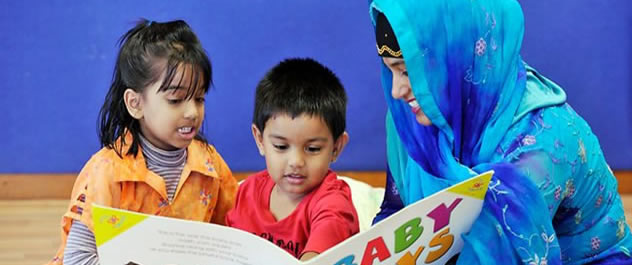Education

supporting refugees
EDUCATION
In general, refugee students have greater educational and support needs than most other newly arrived migrant students. Most refugee children and young people have had disrupted or limited education prior to arrival in Australia. Some have no literacy skills in their first language and in addition may have complex health problems, including mental health issues as a result of their experiences.
Schools
School-aged refugee students, in particular high school students, generally require high levels of support to enable them to settle successfully in school, learn English and acquire literacy in order to access the full curriculum.
Schools can provide a safe environment for refugee children and young people and help them settle in their new community. Teachers are often very important in helping young people to recover from refugee experiences.
Many schools work hard to raise awareness about refugee issues and develop programs to support refugee children and their families, particularly around Refugee Week in June, annually.
The NSW Department of Education provides programs and initiatives to support the education of refugee students:
- English as an Additional Language or Dialect (EAL/D) programs
- Intensive English programs
- English as an Additional Language teaching support
- funding for targeted refugee student support
- homework and tutorial support
- bilingual support
- School Learning Support Officers (Ethnic)
- Interpreting and translation services
- counselling support
- orientation support, e.g through the Welcome Program
- support through community partnerships
- STARTTS
- TAFE and universities
- Professional learning for school staff
- Advice and professional support for schools:
- The Refugee Leadership Strategy (2017-2019) aimed to build the capacity of schools to support students from refugee backgrounds and their families.
- The Refugee Student Counselling Support Team offers psychological expertise to schools to support refugee students and their families
- Research into quality teaching for EAL/D students from refugee backgrounds:
More information
For examples of school-based programs that support students from refugee backgrounds refer to Getting involved: Schools.
The Victorian government also provides a range of programs to support students from refugee backgrounds.
